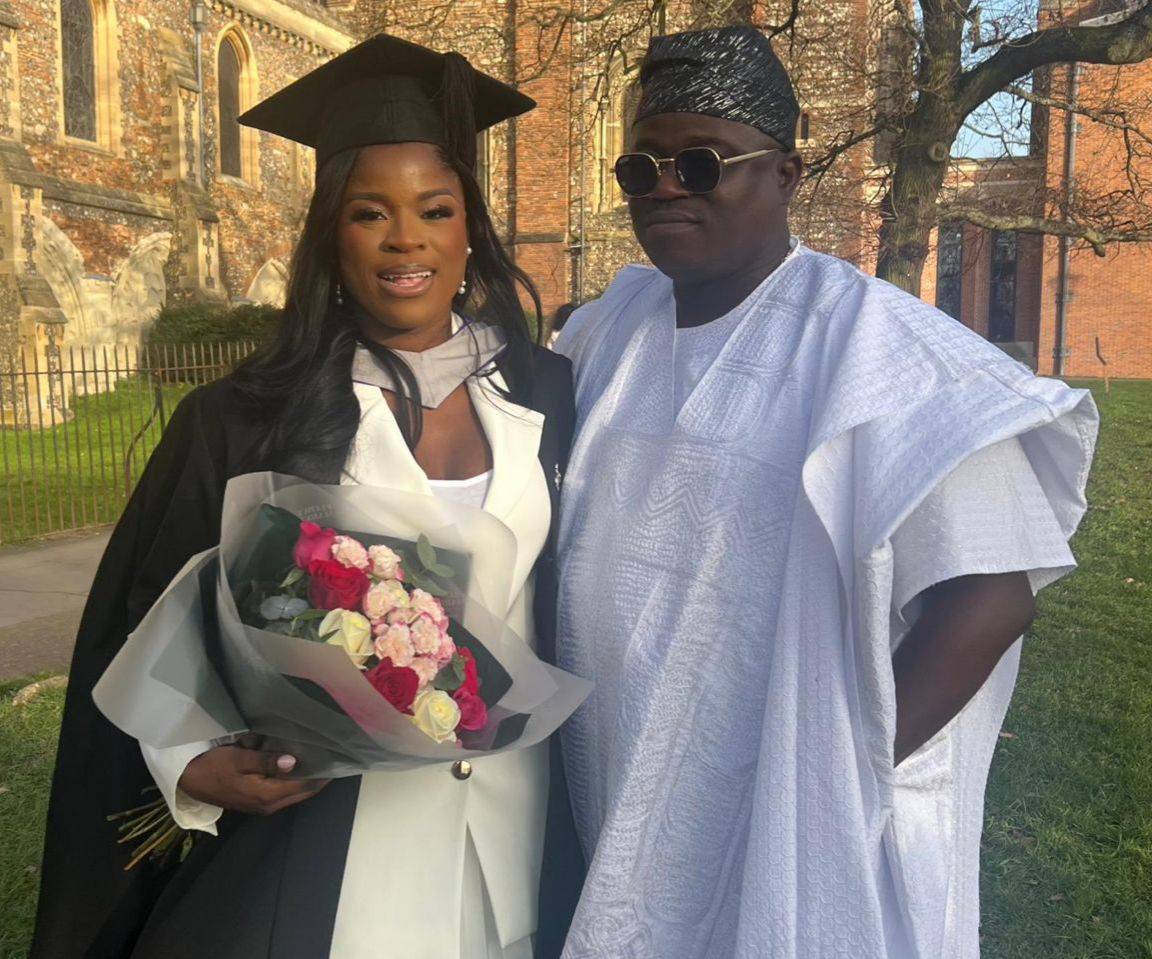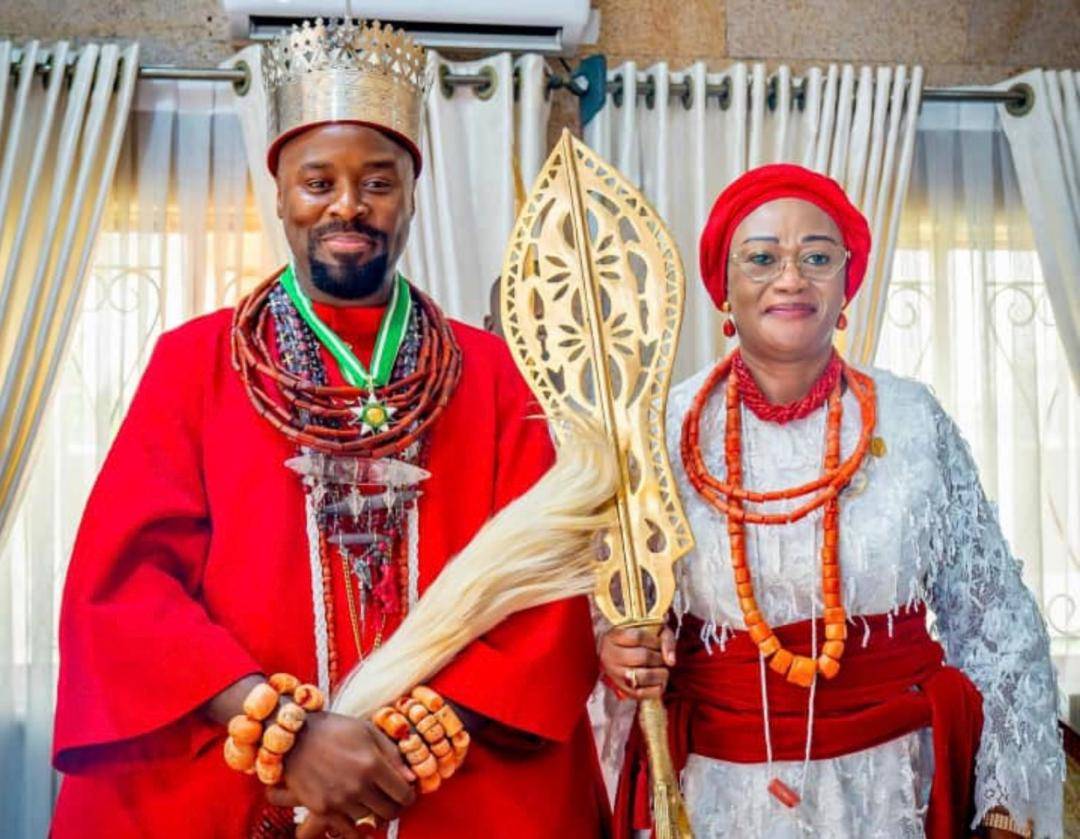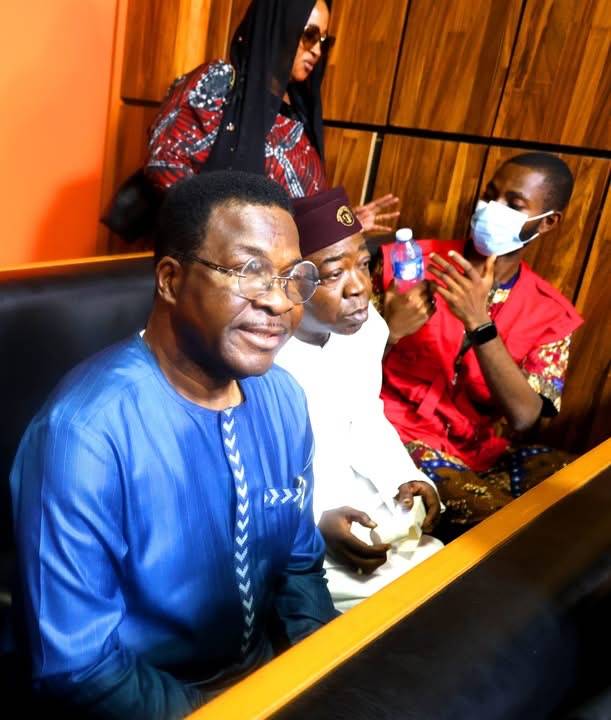By Sakirat Adeleke
There is no gainsaying in the fact that visual impairment, just like every physical challenges can create barriers to marriage and love relationships. Albeit, it is essential to recognize that love and relationship are not defined by sight or any challenge. With understanding, support, and open communication, many individuals navigate these challenges successfully, finding fulfilling relationships.
Diving into how individuals living with visual impairment handle and cope with relationship challenges, Ayoola Efunkoya, a season broadcast journalist, with Voice of Nigeria, shared insights into the world of people with visual impairment and how they deal with love relationships and the challenges therein.
Ayoola identified one of the challenges faced by his people as social stigma. Many potential partners view blindness as a limitation, rather than an aspect of their identities. So, it poses a problem to getting someone to love genuinely. Another challenge achording to him is lack of accessibility to love finding platforms. He lamented that social events and dating platforms often cater for sighted individuals, making it difficult for people like him to connect with potential lovers.
He also mentioned communication barriers which he explained as misconceptions about blindness. This often lead people assuming that individuals with visual impairment are incapable of independent living or intimacy.
Ayoola also believed that some individual struggle with feelings of inadequacy, wondering if they are truly worthy of love. Concerns about dependency and the fear of being perceived as a burden can create emotional barriers. This can lead to hesitance in pursuing relationships or discussing long-term commitments.
Another challenge identified is family intervention. Most often than not, opinions of parents and family members affect how people living with visual impairment manage their love lives. Many parents decry their visually impaired daughter or son going along with another of same physical challenge. In the same vein, some frown at their children for bringing home, a visually impaired persons believing that such could be hereditary. There is always societal skepticism where friends and family would question the decision of the would-be physically balanced lover to date someone with visual impairment. This challenge still bothers on social stigma.
Asked how many who are happily married among their community did it, Ayoola said despite the aforementioned challenges, many still see beyond their visual impairment. Many are drawn to their kindness, intelligence, and sense of humor. Their blindness do not define them, it is just a part of who they are. Besides, love knows no boundary. Many see beyond sights and accept their lovers wholeheartedly not minding the physical appearance.
One can reliably conclude that there is need for education and advocacy can dispel stigmas surrounding visual impairment. Also, individuals with visual impairments deserve to feel confident and worthy of love.
Sakirat Adeleke, MSc Mass Communication, University of Lagos












